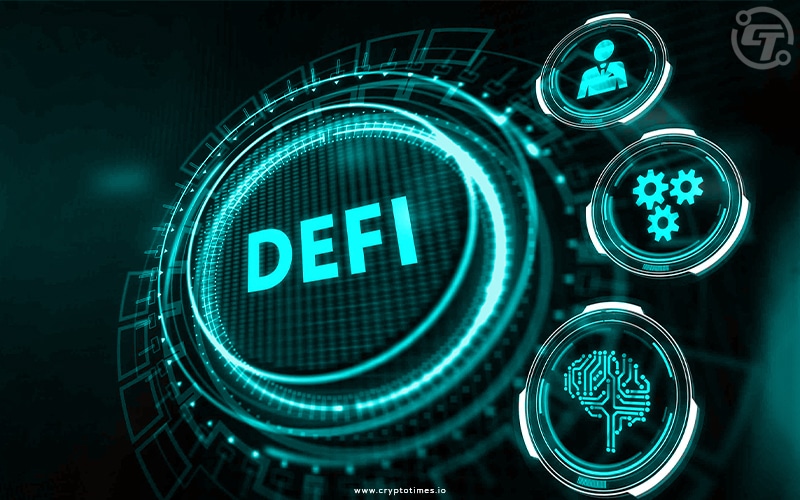The word “decentralise” serves as the most important defining characteristic. One of the fundamental principles of blockchain is decentralization. Decentralized finance removes mediators like banks or financial institutions, which allows smooth transactions for people, businesses, and retailers with the help of modern techniques.
One of the prominent elements of the DeFi ecosystem is cryptocurrencies, such as Bitcoin, Ether, and others. Especially, Bitcoin’s popularity soared after the inception of crypto exchanges, such as BITCOIN-LOOPHOLE.LIVE, which helps people to purchase and trade Bitcoin and other cryptocurrencies.
DeFi enables users to consume financial services from anywhere irrespective of the person’s identity or location. The reason behind this smooth financial service is the absence of a centralised entity during transactions. Through individual-focused trade services and personalised wallets, DeFi apps provide consumers with more control over their finances.
What is Decentralized Finance (DeFi)? Why is it Important?
DeFi shorthand for Decentralized finance is an umbrella term for financial services on public blockchains, primarily Ethereum. DeFi lets everyone earn interest, borrow, lend, buy insurance, trade derivatives, trade assets, and a lot more without a third party involvement. With DeFi, you can do almost everything that banks help you do, just faster and with less paperwork. Like crypto, DeFi is global, pseudo-anonymous, and open to all.
DeFi leverages the premise of Bitcoin and creates a fair, free, open to all financial markets that are accessible to anyone with an internet connection. DeFi has undergone significant expansion and investment, so it’s crucial for financial advisors to comprehend this market.
A lot of the technology in the DeFi domain expands upon and enhances the TradFi system, which can benefit users like you and your clients more. It is crucial to understand decentralized finance and to be ready to interact with and rely on these apps as the space continues to develop and grow.
The Benefits of Using DeFi:
Decentralized finance strives to bring about a variety of advantages for investors and clients. Here are a few justifications for why DeFi is beneficial:
- Unrestricted or permissionless:
Everyone with internet access has the feasibility to use a DeFi system, and transactions can take place anywhere in the world.
- Immutability:
Typically, smart contracts published on blockchain and the complete history of finished transactions are accessible to anybody for examination, but they keep your identity a secret. Since blockchains cannot be altered, they are immutable. The immutability features of the blockchain safeguard the authenticity of DeFi systems when conducting monetary operations.
- Transparency:
One of the significant additions among DeFi experts is transparency. Better transparency is a natural byproduct of decentralisation, and the features of distributed ledger contain details about all transactions made on the blockchain platform.
The blockchain’s cryptographic properties also guarantee that information is only documented when its legitimacy has been confirmed.
- Savings Applications:
Customers might use DeFi to efficiently manage their funds as well. In lending procedures like Compound, users might begin to receive interest on the assets they have locked. DeFi savings apps have therefore become very popular in recent years. These kinds of applications provide customers with the option to tap into different lending protocols in order to increase their potential to earn income.
- Tokenization:
One of the important aspects that have lately come up in the blockchain community is tokenization.
In essence, cryptocurrency tokens function as blockchain-based crypto assets with a wide range of functions and applications, including security tokens, DeFi apps, and real estate tokens.
You may use tokens to access a variety of services. You may be able to acquire partial ownership of real estate with the use of real estate tokens. Security tokens, on the contrary, may also work well in some applications as virtual shares. The most significant aspect of all is that tokenization may potentially provide improve accessibility to other assets, both real and digital.
Also Read: All You Should Know About DAO






